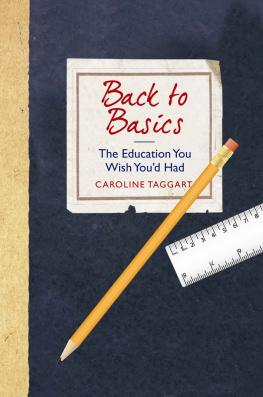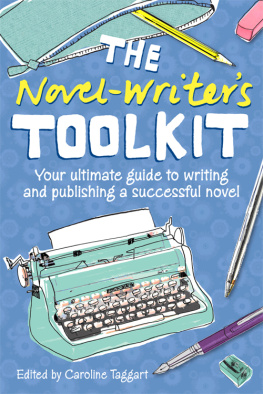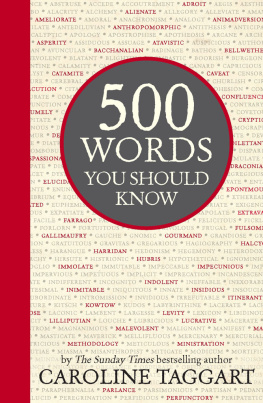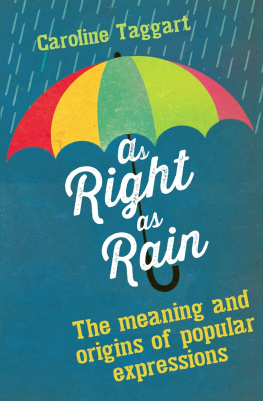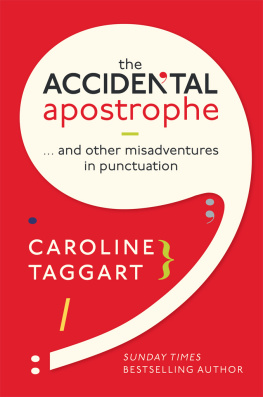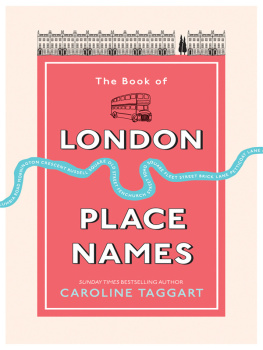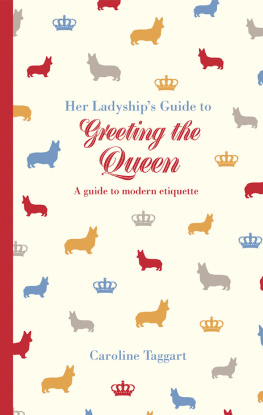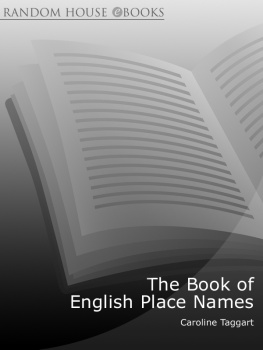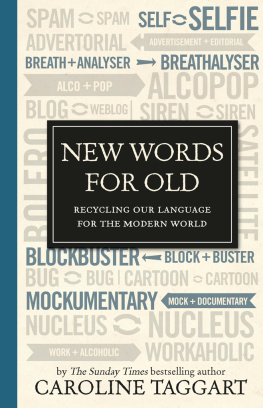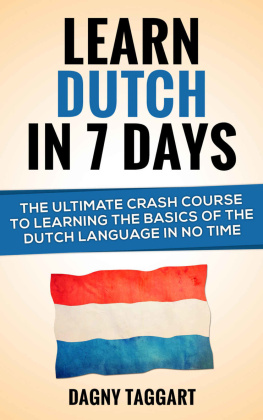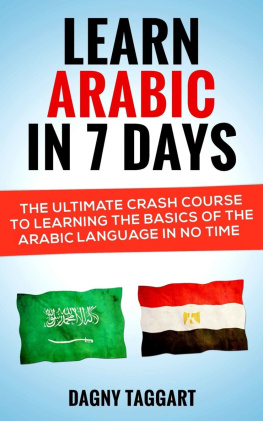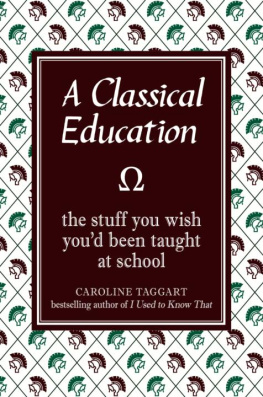

First published in Great Britain in 2012 by
Michael OMara Books Limited
9 Lion Yard
Tremadoc Road
London SW4 7NQ
Copyright Michael OMara Books Limited 2012
All rights reserved. You may not copy, store, distribute, transmit, reproduce or otherwise make available this publication (or any part of it) in any form, or by any means (electronic, digital, optical, mechanical, photocopying, recording or otherwise), without the prior written permission of the publisher. Any person who does any unauthorized act in relation to this publication may be liable to criminal prosecution and civil claims for damages.
A CIP catalogue record for this book is available from the British Library.
ISBN: 978-1-84317-879-8 in hardback print format
ISBN: 978-1-84317-900-9 in EPub format
ISBN: 978-1-84317-899-6 in Mobipocket format
1 2 3 4 5 6 7 8 9 10
Cover design by Ana Bjezancevic
Designed and typeset by K.DESIGN, Winscombe, Somerset
Illustrations by Greg Stevenson
www.mombooks.com
Introduction
Have you ever been embarrassed in a discussion with friends, in front of the children, watching a quiz programme on television by not knowing the answer to something that seems absolutely basic? By not being sure what a prime number is or the difference between climate and weather or conduction and convection?
No? Well, put this book straight back on the shelf. You already know everything it could possibly tell you.
Changed your mind? How nice! Its good to have you on board.
The truth is, weve all been there. We were taught all sorts of stuff at school but have forgotten it; or increasingly likely in my case, and particularly where Science and Geography are concerned its been invented, discovered or changed since we left school and weve never quite got to grips with it. This book aims to fill in some of the gaps in knowledge we really feel we ought to have.
Its divided into chapters along the lines of subjects you may have studied for GCSE or O Level English Language, Maths, General Science, History, French, Geography and General Studies but that is as close as it comes to following a syllabus. Science covers seemingly random concepts such as why yeast makes dough rise and why helium is good in balloons, because thats the sort of thing that will make you feel silly if you cant explain it to a five-year-old. Maths helps you to divide the bill in a restaurant and has a go at working out how the bank calculates the interest on your mortgage. Geography explains the difference between latitude and longitude and why it matters, because if you are a high-flying executive permanently battling jet-lag, it might just be a comfort to know what is happening to you. History is a rundown of a lot of things that have happened in the world since 1453 no mean feat in thirty pages, but it also gives you a chance to remind yourself (or look up and find out) why indeed you should care about what happened in 1453.
French sheds light on the mysteries of irregular verbs and why the words for inanimate objects have a gender. The General Studies chapter allows you to take on board the difference between a sonata and a symphony, not to mention a Doric column and a Gothic arch. And English well, English goes back to that perennial question of why we speak, write, spell and put in apostrophes the way we do.
In other words, as the subtitle boasts, it is the education you wish youd had. It isnt what they didnt teach you at Harvard Business School; it probably wont enable you to win friends or influence people; but it will make you more confident in expressing an opinion on subjects from oxbow lakes to oxymorons, from hyperbole to Helen of Troy. Which, for many of us, is all that matters.
Caroline Taggart
February 2012

Acknowledgements
Writing a book like this makes you only too aware of the gaps in your own education. So I am particularly grateful to Heather, Hilary and Marianne, respectively geographer, historian and scientist extraordinaires, who filled in the calderas and black holes in my knowledge. Thanks also to Katie, Toby, Ana, Jess and the rest of the MOM team, without whom...

ENGLISH LANGUAGE
Its beautiful, rich and diverse, but there is no denying that it is full of strange rules and even stranger exceptions. It pronounces bough, rough, cough and through so that they dont rhyme and jerk, dirk, work and murk so that they do. In other words, its a minefield. This chapter tries to throw light on some of the most frequent areas of confusion.
MY HUSBAND AND... WHO?
One of the things that people find hardest about English is the correct use of pronouns. After all, if the Queen says, My husband and I..., it must be right, mustnt it?
But no, not necessarily. It all depends on where in the sentence it comes. Lets look at the rules.
Sentence structure: subject, verb and object
A basic English sentence consists of a subject, a verb and an object:
The subject performs the action of the sentence.
The verb tell us what the action is .
The object is the recipient of the action .
Easier with a few examples, perhaps:
The dog chased the ball.
I am reading a book.
Old Macdonald had a farm.
The subjects of these sentences are the dog, I and Old Macdonald. They are the ones that are doing something. Youll remember, Im sure, that a verb is a doing word, so the verbs in these sentences are chased, am reading and had: they describe the action that is taking place. The objects are the ball, a book and a farm. Ask yourself The dog chased what? and the answer will be the object of the verb.
OK? With me so far? Good.
Pronouns
Pronouns are the little words that stand in place of nouns, to save us having to repeat the nouns over and over again. It would be tedious, for example, to say:
Caroline is writing Carolines book because Caroline has agreed to write the book.
Instead, we substitute pronouns:
Caroline is writing her book because she has agreed to write it.
English does not alter the form of nouns to show what role they play in a sentence (as Latin and German, for instance, do), but it does alter the form of pronouns:
I as the subject of a sentence becomes me as the object.
He becomes him.
She becomes her.
We becomes us.
They becomes them.
Thus:
I hit the ball; the ball hit me.
He doesnt wear green; green doesnt suit him.
She isnt going to the party; nobody invited her.
We dont own a dog; dogs frighten us.
They go on holiday at Christmas; it relaxes them.
Note that you and it remain the same whether they are subject or object:
You like dancing; dancing pleases you.
It was lying on the table; John saw it.
Compounds
The complication arises when you have what is called a compound subject or compound object: that is, one that includes more than one element. Think back to my husband and I and remember the difference between a subject and an object:
Next page
